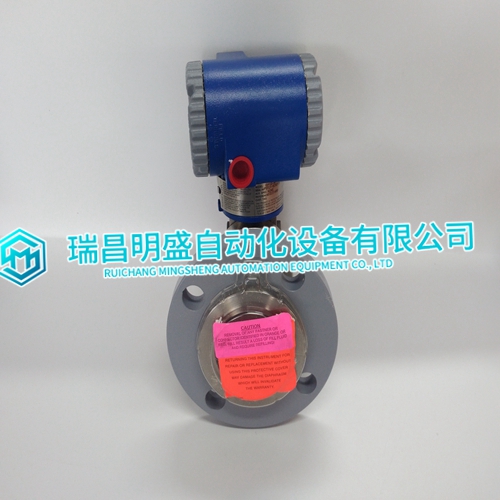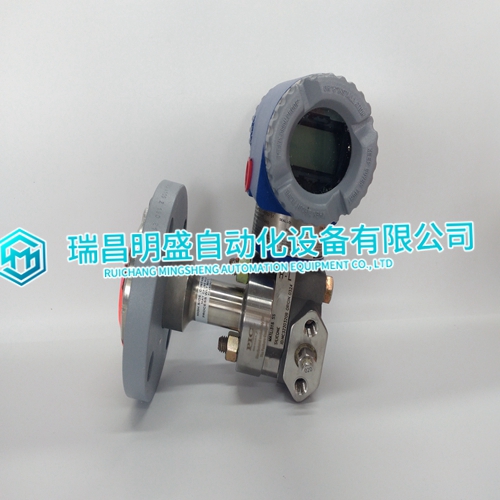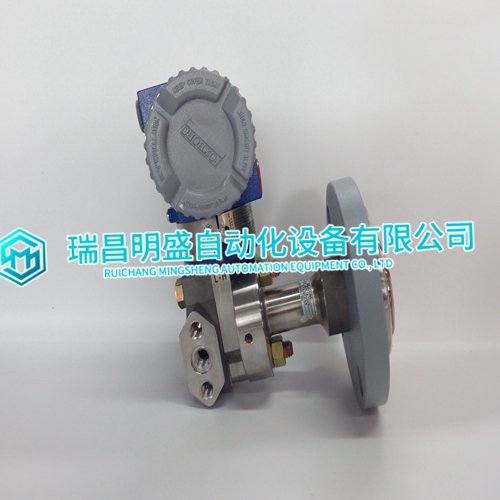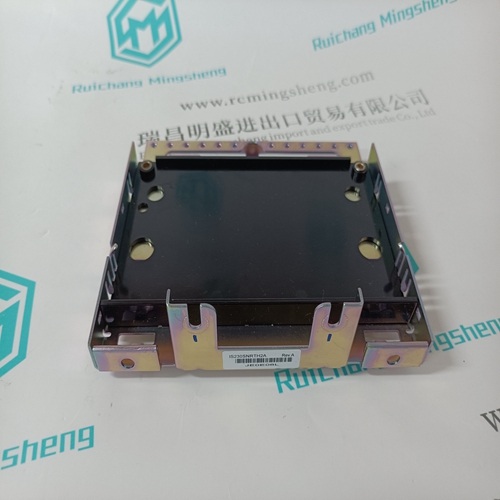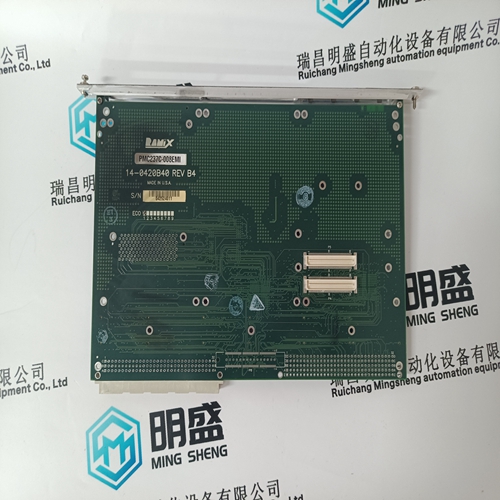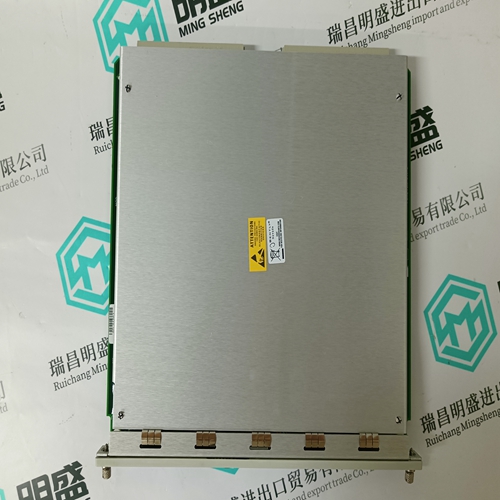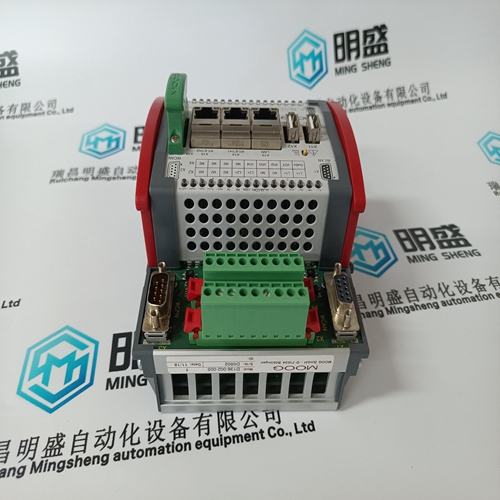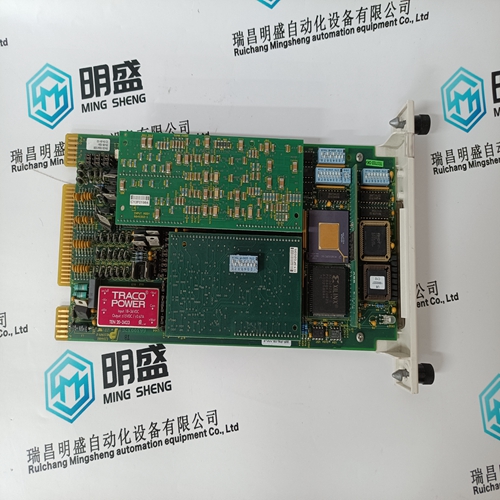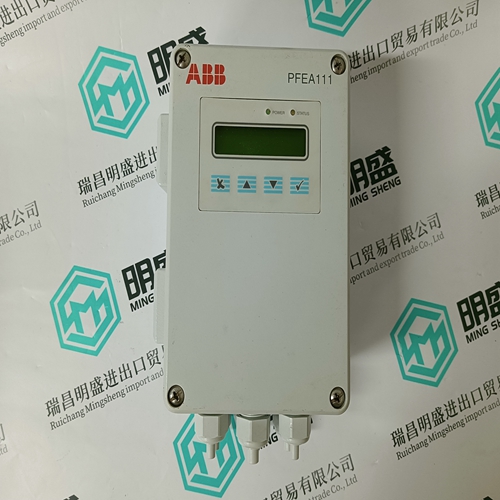Home > Product > DCS control system > PSFLT-B2S0151 IDP10-AF1C01F Pressure transmitter
PSFLT-B2S0151 IDP10-AF1C01F Pressure transmitter
- Product ID: PSFLT-B2S0151 IDP10-AF1C01F
- Brand: FOXBORO
- Place of origin: The United States
- Goods status: new/used
- Delivery date: stock
- The quality assurance period: 365 days
- Phone/WhatsApp/WeChat:+86 15270269218
- Email:stodcdcs@gmail.com
- Tags:PSFLT-B2S0151IDP10-AF1C01FPressure transmitter
- Get the latest price:Click to consult
PSFLT-B2S0151 IDP10-AF1C01F Pressure transmitter
Product Details Introduction
Accurate measurement: Pressure transmitters can measure pressure with high precision, providing reliable pressure data, and are suitable for applications with high precision requirements.
Range diversity: Pressure transmitters typically offer multiple pressure range options to meet the needs of different application scenarios, ranging from hundreds of pascals (Pa) to thousands of bars (bar).
Programmability: Some pressure transmitters have programmable functionality, allowing users to configure and calibrate according to their needs to adapt to different applications.
Multiple output signals: Pressure transmitters can generate multiple output signals, including analog signals (such as 4-20 mA current output or 0-10 volt voltage output) and digital signals (such as digital communication protocols).
Immunity: Pressure transmitters typically have the ability to resist interference and electromagnetic interference to ensure measurement accuracy is not affected by external interference.
Stability and reliability: These devices are designed to be stable and have long-term reliability, capable of operating under harsh environmental conditions.
Multiple working principles: Pressure transmitters can be based on different working principles, such as piezoresistive, piezoelectric, capacitive, and differential pressure, to meet the needs of different applications.
Remote monitoring and control: Pressure transmitters can usually be integrated with monitoring and control systems, allowing for remote monitoring and control of pressure.
Corrosion and wear resistance: Some pressure transmitters have characteristics of corrosion and wear resistance, making them suitable for harsh working environments.
Compact design: Pressure transmitters typically have a compact exterior design that is easy to install in limited space.
Automatic compensation: Some advanced pressure transmitters have temperature compensation function, which can automatically compensate for the impact of temperature changes on pressure measurement.
Low power consumption: Pressure transmitters typically have lower power consumption, which helps to save energy.
Multiple Applicable Environments: Pressure transmitters are suitable for various environments, including liquids, gases, vapors, and corrosive media.
Easy maintenance: Most pressure transmitters have low maintenance requirements, which can reduce operating costs.
Product image
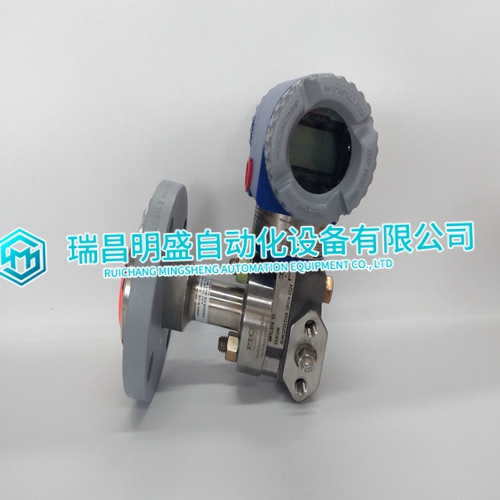
Related products:
FOXBORO FBM230 P0926GU communication car
FOXBORO A2H124-24FX P0973BJ Industrial C
FOXBORO 57625-441 Matrix switch module
| PMB31D-00200-02 | INSEM01 | XV 77135 |
| PMB31B-10201-01 | INTKM01 | XV 7715b |
| PMB33E-20216-03 | IPBLC01 | XV 7717b |
| PMB31B-20201-00 | IPBLK01 | XV 7718b |
| PMB33E-00216-03 | IPCHS01 | XV7713b |
| PMB33F-10100-03 | IPCHS02 | XV7717C |
| PMB32D-00101-00 | IPECB11 | ZT 372a-E |
